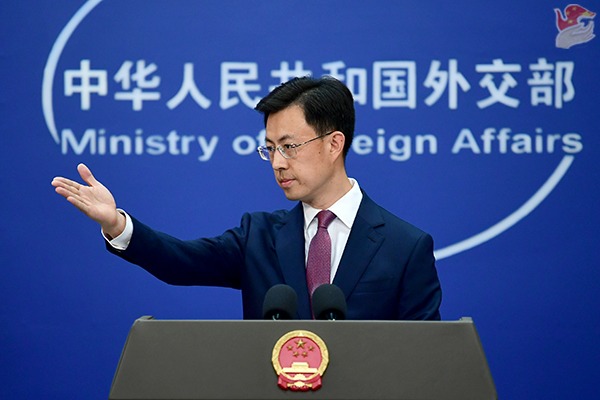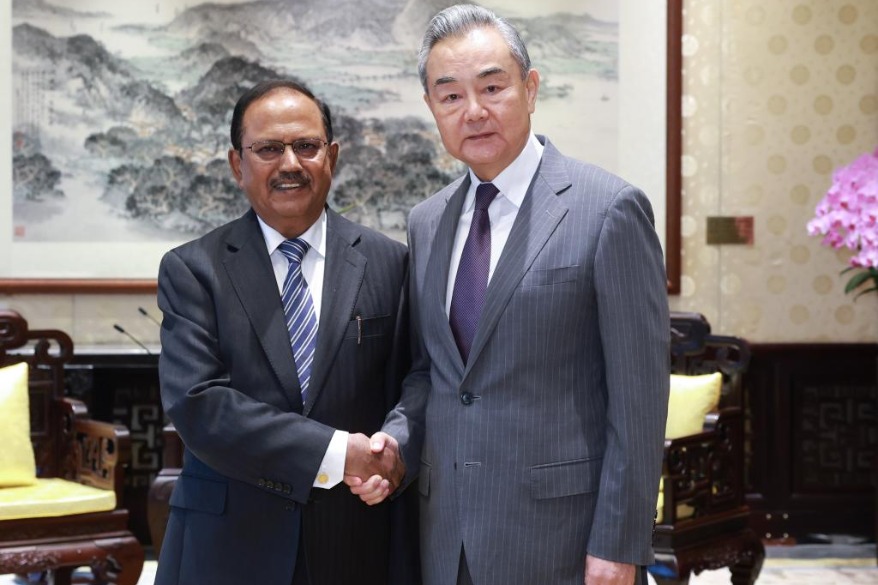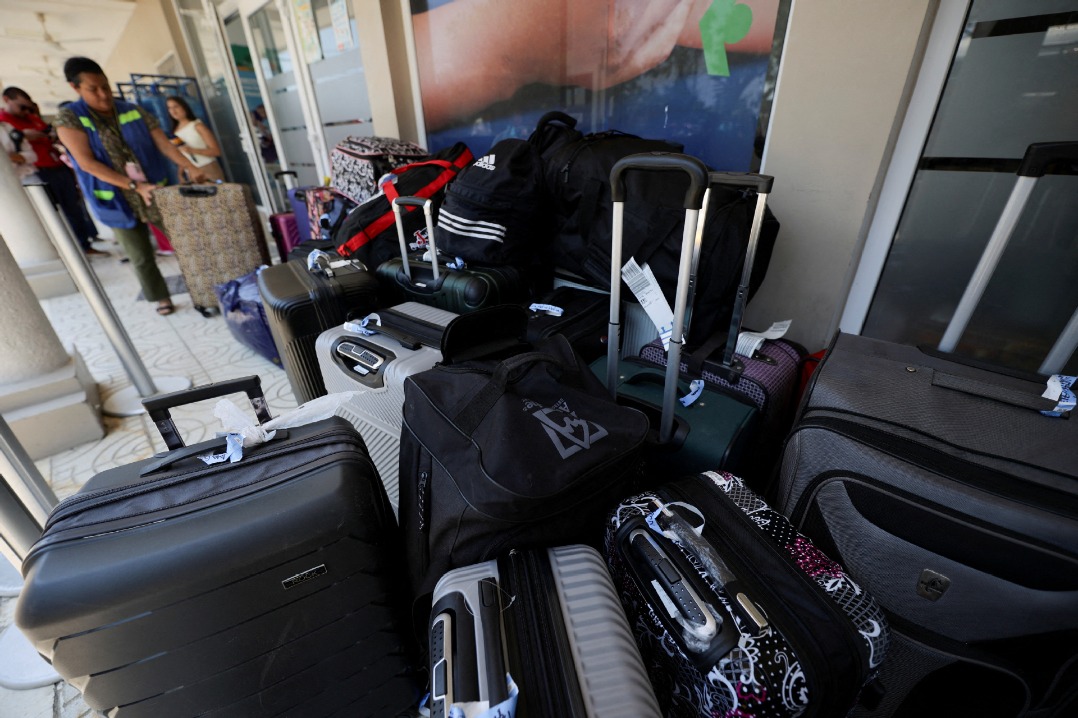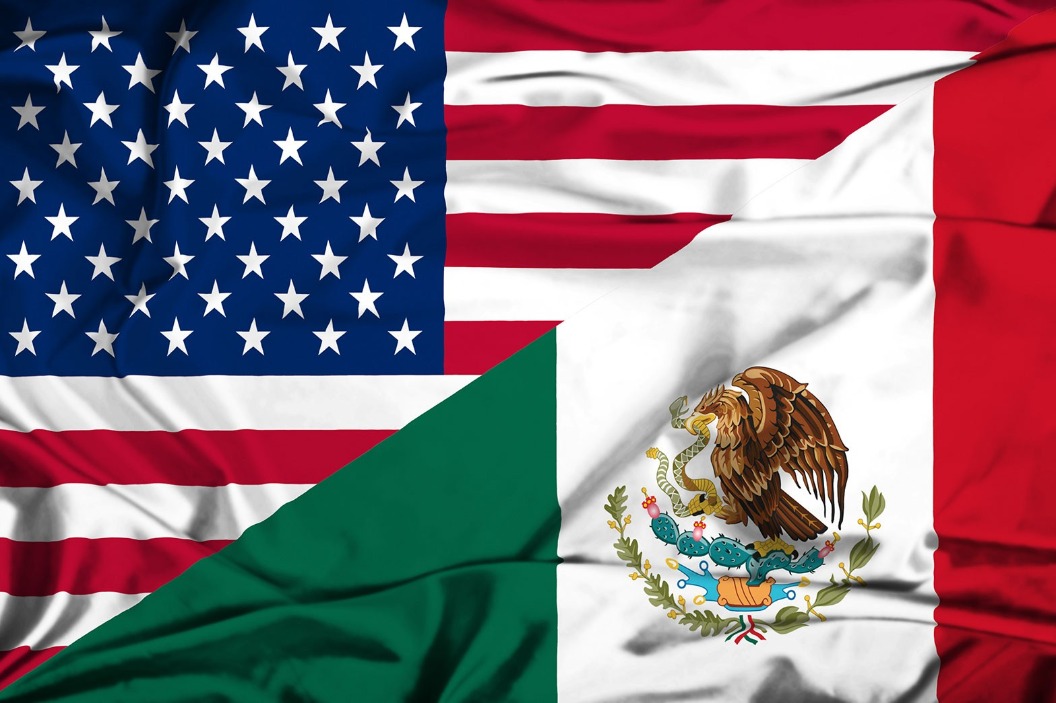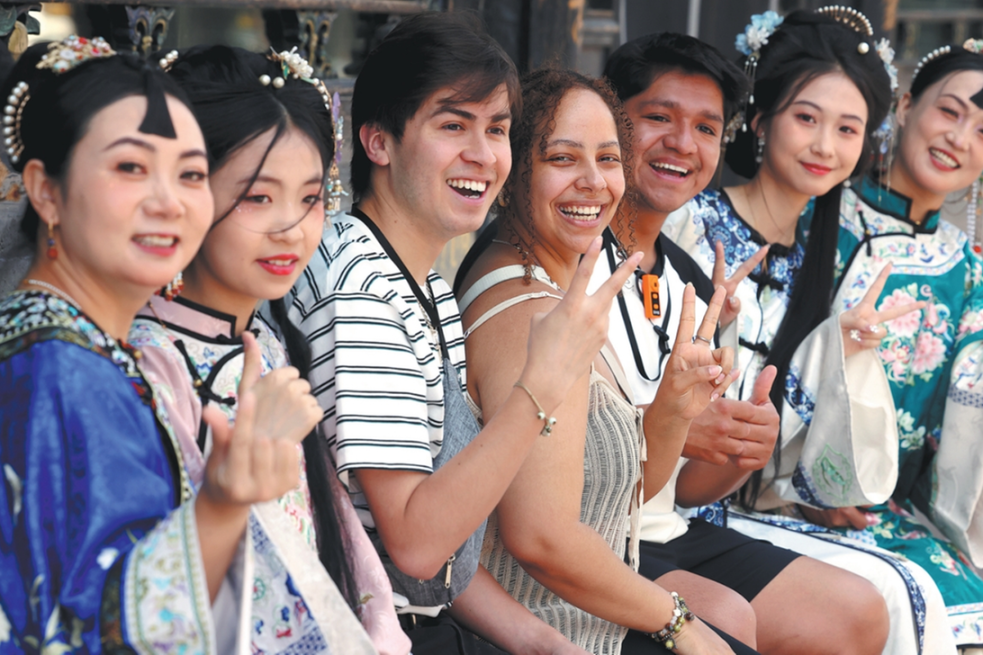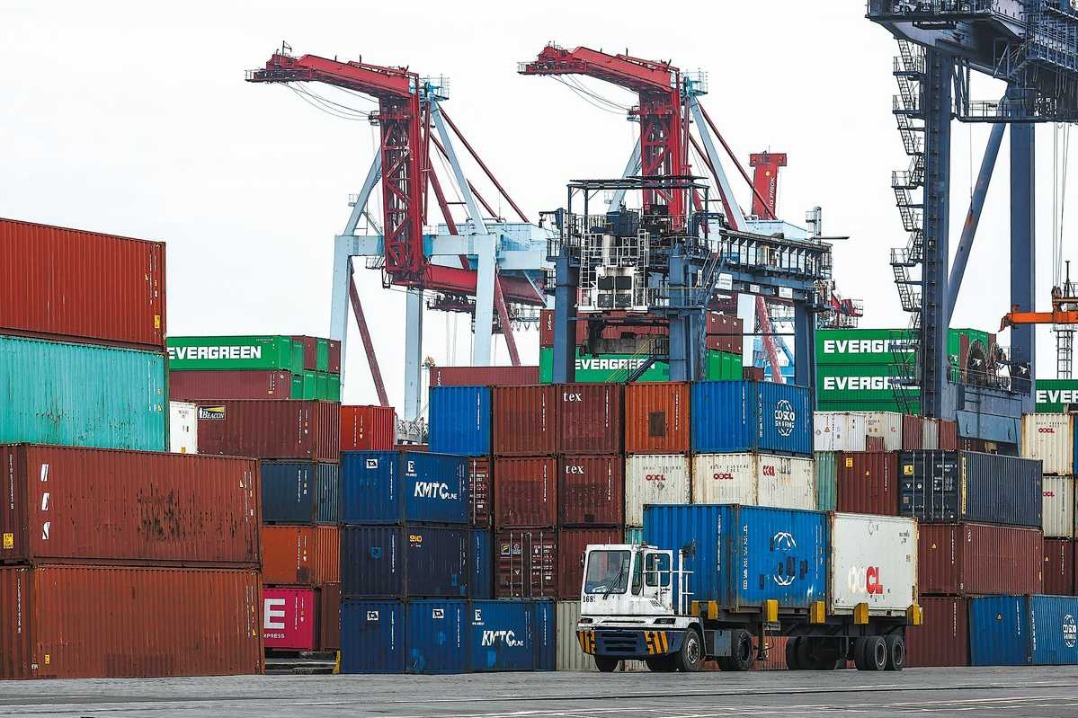Chinese-American academics on edge

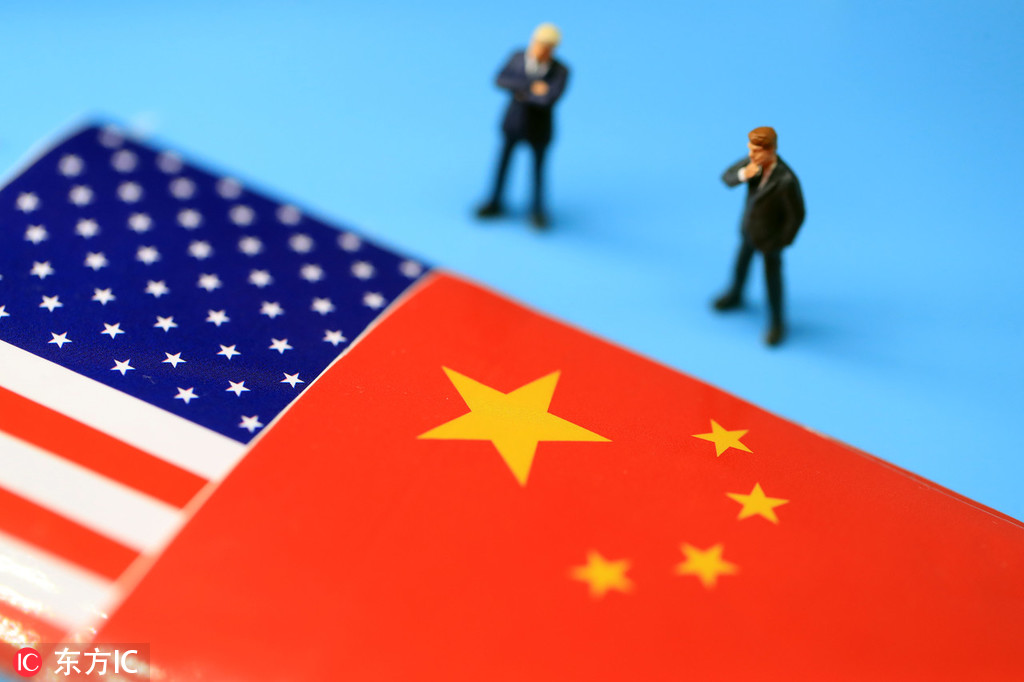
No letup in pressures on campuses as security program leads to demonization
Two-and-a-half years after the US launched a program targeting researchers with ties to China, Chinese-American academics are still living in fear, according to professors.
"From the vantage point of those who have been targeted, there's been tremendous damage already, and I think there's tremendous fear among Asian-American communities and Chinese-American communities in particular," Gordon Chang, professor of history and vice-provost at Stanford University, told a recent webinar.
He said many of his colleagues have been reticent to speak out against the anti-China and anti-Chinese rhetoric whipped up since the China Initiative was established by the Justice Department amid so-called security concerns during the US' trade conflict with China.
"From the standpoint of many of my colleagues, this is a very, very sensitive line to walk even if they want to say the demonization of China is wrong for all sorts of reasons," he told the webinar, which was hosted by the 1990 Institute, a US-based research organization.
"They know they immediately… will be suspected. Some of them have already been demonized in social media and other platforms for their ancestry and for even the mild comments they made about the danger of demonizing China."
Chang cited the suicide of a former colleague, Shoucheng Zhang. Zhang, originally from China, was a physics professor at Stanford before he killed himself at age 55 in December 2018.
Around that time, the Hoover Institution at Stanford came out with a report called "China's Influence and American Interests". The report targeted many Chinese Americans as agents of China's efforts to affect US ways of life, politics and economics, said Chang, who called the report "scurrilous".
In the early draft of that report, Zhang was mentioned as one of those agents, and within days of the release of the report, he jumped from his condominium in San Francisco, said Chang.
'Symbol of danger'
It isn't clear whether his death was directly connected to that report, but it's "a symbol of the depth of the fear and danger before us", said Chang. "There are other examples. I can't name people, but it's all around Stanford. Chinese-ancestry researchers, engineers, scientists know very well this very sensitive situation we are in."
The administration of then-US president Donald Trump launched the China Initiative in November 2018 to address perceived economic espionage. The program has resulted in dozens of prosecutions.
The latest case is that of Gang Chen, a professor and nanotechnology expert at the Massachusetts Institute of Technology. Chen was charged early this year with failing to disclose to the US Energy Department millions of dollars in funding he allegedly received from China.
There are a number of other similar "grant fraud" cases at the universities of Kansas and Tennessee and Texas A&M University.
Margaret Lewis, a law professor at Seton Hall University, said there is a "legitimate desire to increase security consciousness", but the China Initiative is "overcorrecting".
"It's actually having a chilling effect on our ability to retain and attract the best and brightest minds, and we need to have talent from abroad," she said.
In a June 2020 presentation, the National Institutes of Health's deputy director for extramural research, Michael Lauer, said the agency had investigated 189 scientists suspected of failing to disclose financial ties to foreign governments, and 82 percent of those under investigation were Asian.
"I spend a lot of time talking to scientists who are Chinese Americans (about) how they're feeling under enhanced scrutiny, and that effect is real regardless of the intentions of the Department of Justice," said Lewis. "I think the bottom line is that criminal law should be a backstop, not the forefront of protecting intellectual property."
Academics and rights groups have called on US President Joe Biden to reverse the China Initiative. In a petition sent to Biden in April, the Asian Americans Advancing Justice group said: "As a result, Asian Americans and immigrants are in fear of being subjected to discriminatory investigations."
- Syria activates air defence against 'Israeli aggression': state media
- Global websites go down after Fastly outage
- New Chinese ambassador calls for steady growth of Sino-British relations
- 'Flying' boat to prevent water erosion in Venice
- Surging COVID-19 cases raise concerns in east and southern Africa

















